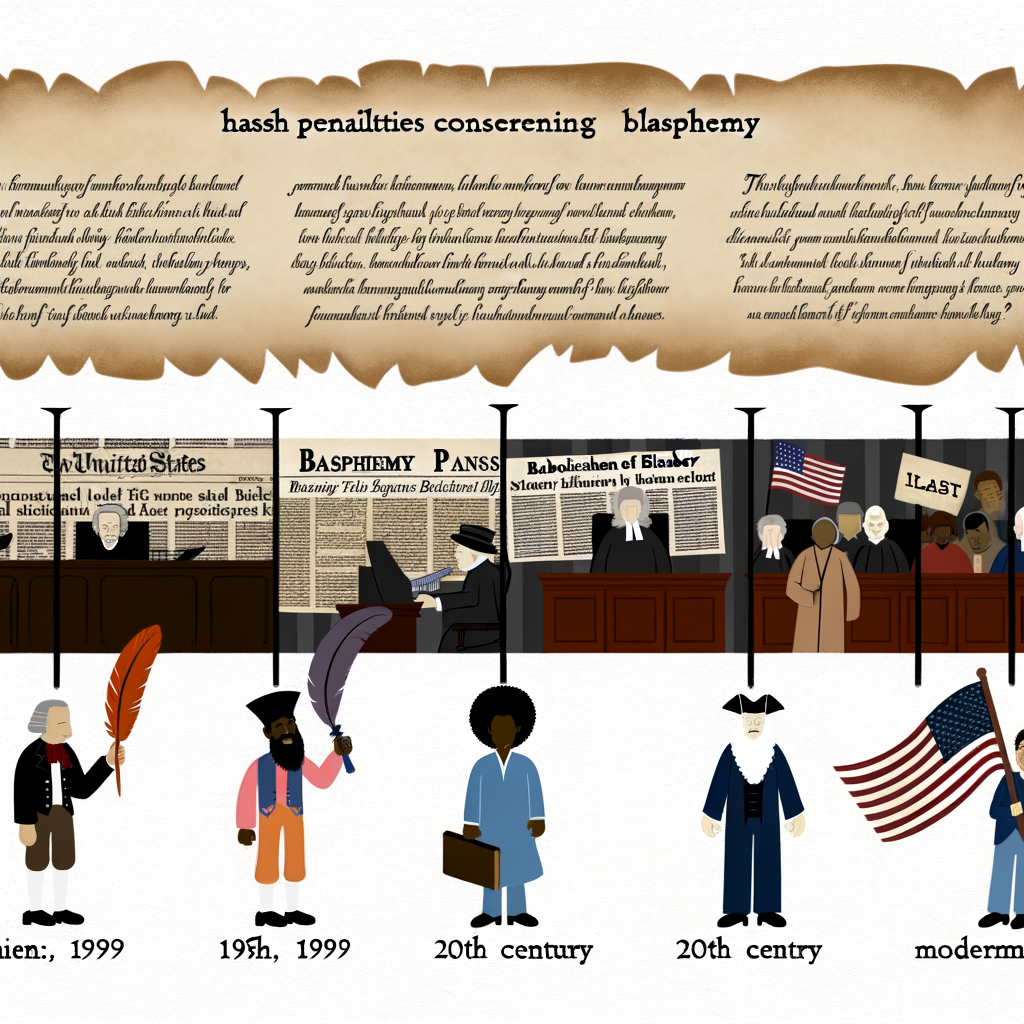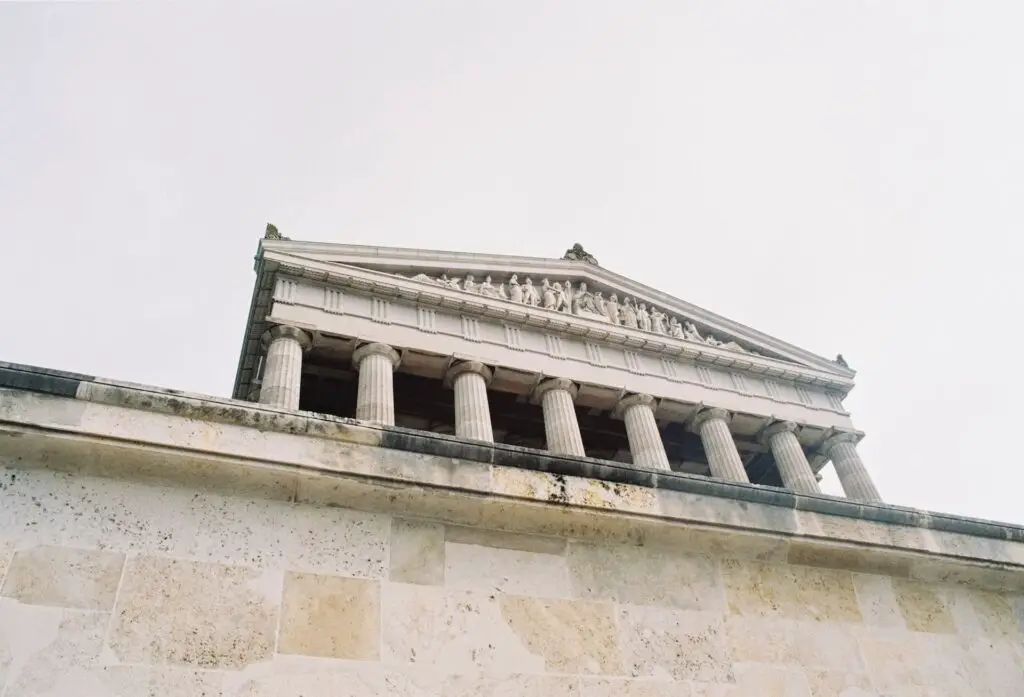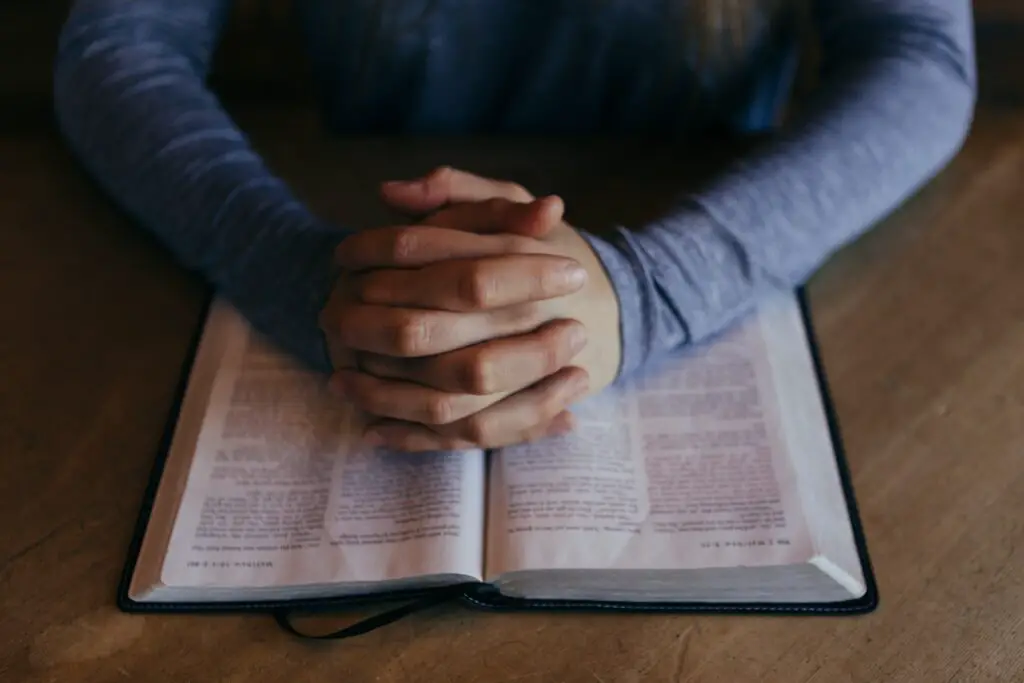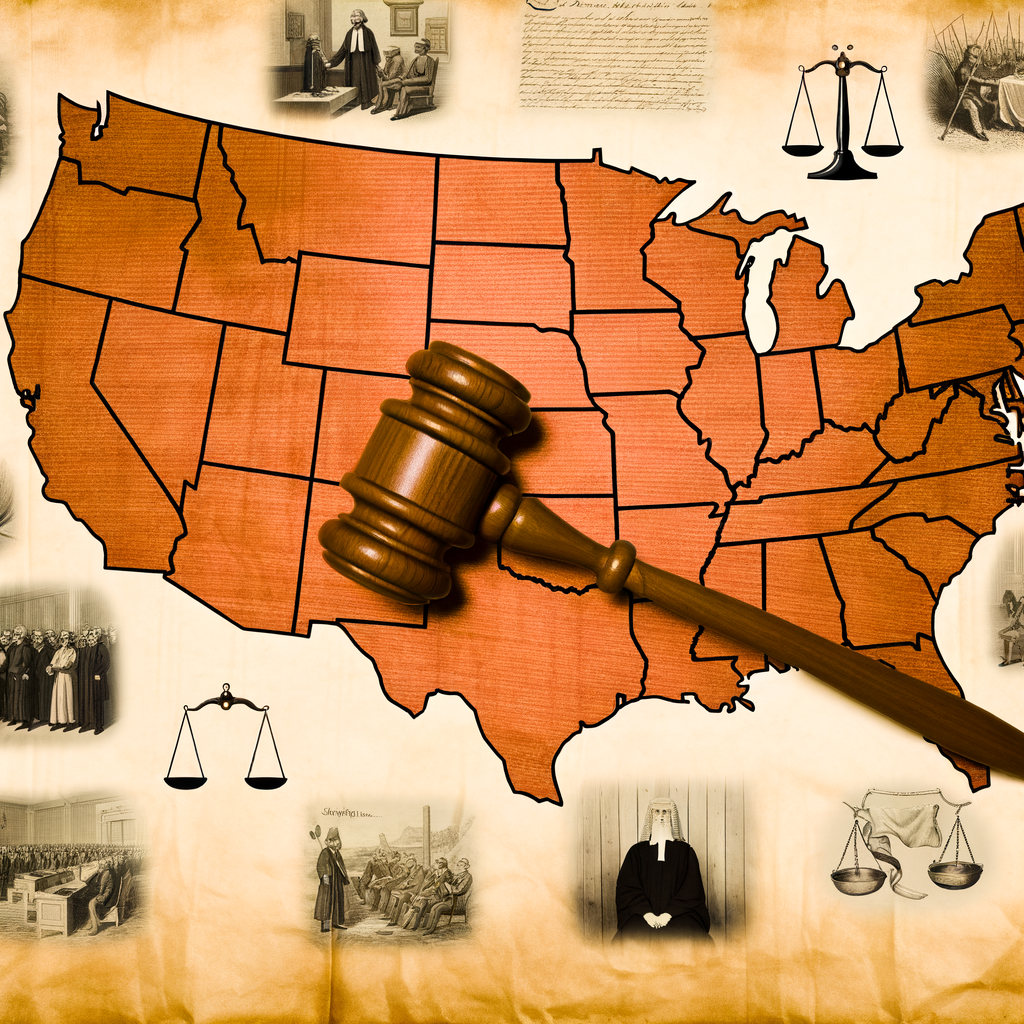Blasphemy laws in the United States have roots that stretch back to the colonial era, when the nation was a patchwork of territories under British control, with legal systems that often reflected the religious mores of the time. In the colonies, blasphemy, typically defined as showing contempt or lack of reverence for God, was a punishable offense, reflecting the intertwining of religious and governmental authority.
However, with the United States’s establishment and the Constitution’s drafting, the landscape began to shift. The First Amendment ratified in 1791, guaranteed freedoms concerning religion, expression, assembly, and the right to petition. It forbade Congress from promoting one religion over others and restricting an individual’s religious practices. Over time, as the nation evolved, so did its legal stance on blasphemy.
The Origins of Blasphemy Laws in the United States

The United States, with its foundation of religious freedom, has a complex history with blasphemy laws. These laws, originally designed to protect religious beliefs from insult or denigration, have evolved significantly over time. In the early days of the nation, blasphemy laws were more prevalent and enforced with a certain degree of rigor.
Blasphemy laws in the U.S. have their roots in English common law, which the American colonies adopted. These laws were intended to prevent speech or actions that might disrespect Christianity or its institutions. In the 17th and 18th centuries, several colonies had statutes that punished blasphemy with fines, imprisonment, and even corporal punishment.
For example, the Massachusetts Bay Colony’s legal code of 1646 stated that blasphemy against God or the Holy Scriptures was punishable by death. However, as the nation grew and the Constitution was adopted, the focus on individual liberties began challenging the validity and enforcement of such laws.
The Evolution and Decline of Blasphemy Prosecutions

With the ratification of the First Amendment in 1791, which guarantees freedom of speech and religion, the legal landscape for blasphemy laws began to change. The amendment made it difficult to prosecute cases of blasphemy without infringing on constitutional rights. Despite this, some states continued to enforce blasphemy laws into the 19th and early 20th centuries.
One notable case is the trial of Abner Kneeland in Massachusetts in 1838. Kneeland, a pantheist and former preacher, was charged with blasphemy after publicly questioning the existence of God. His conviction was upheld by the Massachusetts Supreme Judicial Court, which ruled that the state’s blasphemy law did not violate the First Amendment. However, this would be one of the last successful blasphemy prosecutions in the United States.
As the nation moved into the 20th century, blasphemy laws became increasingly rare and were seldom enforced. The shift in societal values towards greater acceptance of free speech and religious diversity contributed to the decline of blasphemy prosecutions.
Modern Challenges and the Status of Blasphemy Laws

In modern times, blasphemy laws in the United States are largely considered obsolete. The few remaining statutes are rarely, if ever, enforced. This is partly due to a series of court decisions that have reinforced the protection of free speech, even when it involves religious subjects.
One such decision is the Supreme Court case of Joseph Burstyn, Inc. v. Wilson in 1952, which ruled that a New York law banning “sacrilegious” films was unconstitutional. This case set a precedent that laws based on religious standards for speech and expression conflicted with the First Amendment.
Today, while some states still have blasphemy laws on the books, these laws are effectively unenforceable. Legal scholars and civil rights advocates argue that any attempt to use these laws would face immediate constitutional challenges.
International Context and the U.S. Perspective
While blasphemy laws have become a non-issue in the United States, they remain active and contentious in other parts of the world. In some countries, blasphemy is a crime punishable by imprisonment or even death. The U.S. often criticizes such laws as human rights violations and freedom of expression.
The international debate over blasphemy laws has occasionally put the U.S. in a position to defend its commitment to free speech on the global stage. The U.S. has consistently opposed international efforts to criminalize blasphemy, arguing that such measures can be used to suppress minority religious views and stifle dissent.
Today, blasphemy laws would be considered misguided and silly. However, the history of blasphemy laws in the United States reflects the nation’s journey towards a more secular and tolerant society. While these laws were once serious, they have been rendered impotent by the robust protections for free speech and religious freedom enshrined in the Constitution. The U.S. experience serves as a case study for other nations grappling with the balance between religious sensitivities and individual liberties.
The Legacy of Blasphemy Laws in the U.S.

The history of blasphemy laws in the United States is a testament to the country’s evolving values and commitment to upholding constitutional rights. From their strict enforcement in colonial times to their eventual obsolescence, these laws have been shaped by the American principles of freedom of speech and religion.
Today, the legacy of blasphemy laws serves as a reminder of the importance of protecting individual rights against the imposition of religious orthodoxy. As society changes, the U.S. experience with blasphemy laws offers valuable insights into the complex relationship between law, religion, and free expression.
In summary, the history of blasphemy laws in the United States underscores the nation’s dedication to fundamental freedoms and the rule of law. It is a history highlighting the progress made from a time of religious conformity to an era of diversity and open dialogue.


